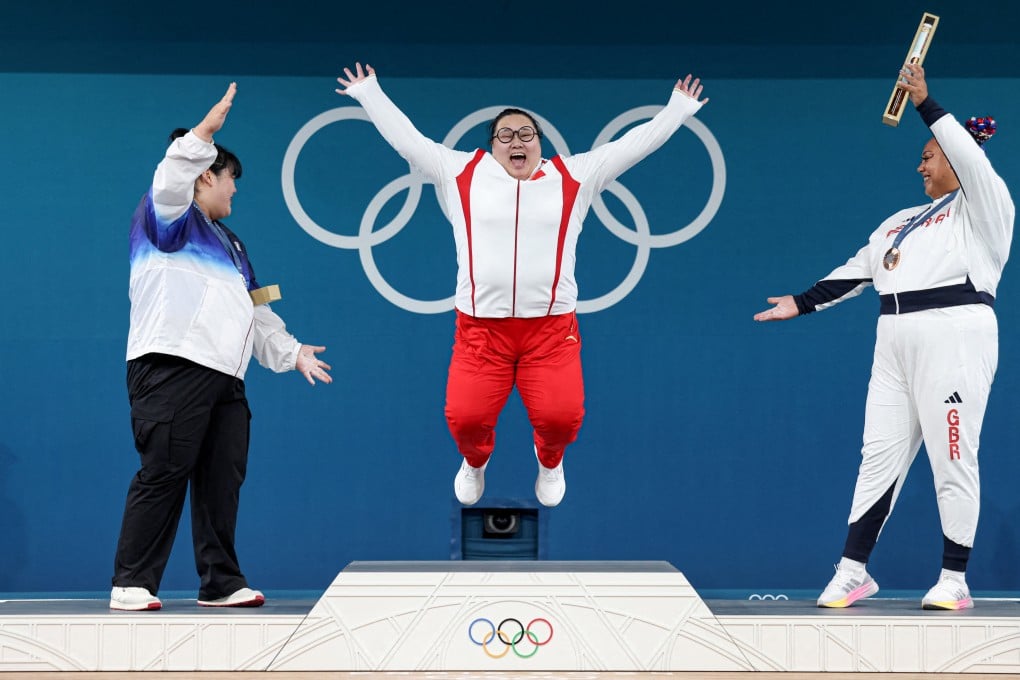Advertisement
The View | East Asia’s Olympics results are a testament to a changing world
- While ostensibly a showcase of athletic prowess, the Olympics reveal deeper socioeconomic dynamics at play globally
Reading Time:4 minutes
Why you can trust SCMP
3

Hong Kong’s Vivian Kong Man-wai winning gold in the épée competition at the Paris Olympics was rich with historical significance. She competed at the Grand Palais, originally constructed for the 1900 Exposition Universelle which coincided with the first Paris Olympics. While épée debuted in Paris in 1900, it was not until Atlanta 1996 that women competed in the event.
Advertisement
From the Olympics’ early decades to the present, the games have maintained a certain structural legacy while undergoing significant evolution. They showcase a shifting global order, shaped by East Asia’s ascent.
What began as a Western-dominated event is now a global spectacle. In 1900, Europe commanded seven of the top 10 spots in the Olympic medal tally, with the United States, Australia and a mixed team rounding out the list. Fast forward to 2024 and, while the West still holds seven of the top 10 positions in the medals table, China, South Korea and Japan occupy the remaining three. Pierre de Coubertin’s vision of a globally inclusive Olympics remains an ongoing journey.
Europe once dominated fencing. While Italy and France have maintained their prominent position, Russia, the US and East Asia are now formidable competitors. South Korea put in a strong performance at the pandemic-delayed Tokyo Games in 2021, as did Japan this year. Between Hong Kong and the mainland, China won two golds in both 2021 and 2024.
In addition to fencing, other Olympic sports that could be considered “upper class” are equestrian events, rowing, sailing, golf and tennis. The extra expense involved in these sports creates barriers for athletes from the Global South. Great Britain won eight medals in rowing while France took seven in fencing, an indication of the lingering hold of traditional powers in certain legacy sports.
Advertisement
Beyond golf and tennis, football in Europe and basketball in the US are highly commercialised. Amateur athletes can find themselves competing against seasoned professionals at the Olympics.

Advertisement
